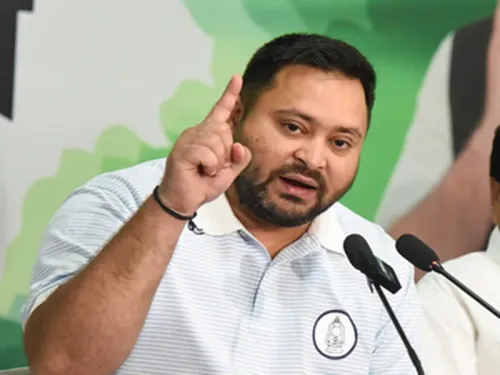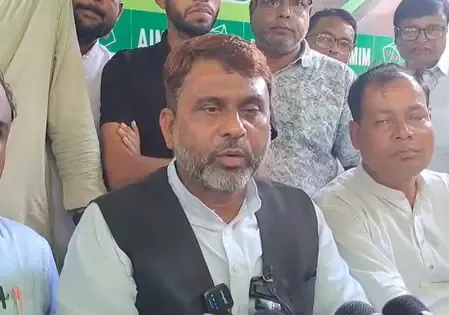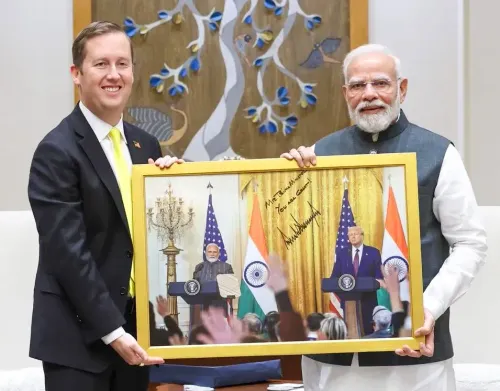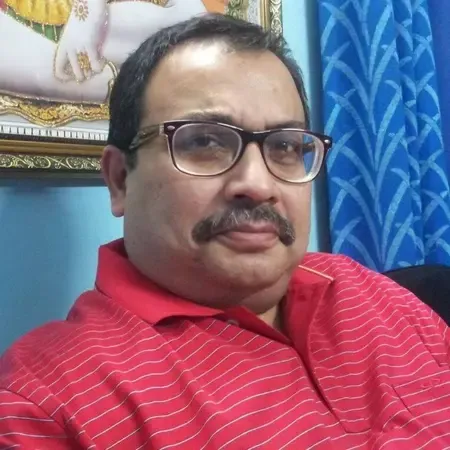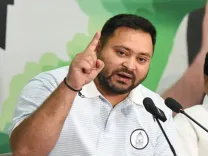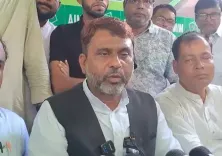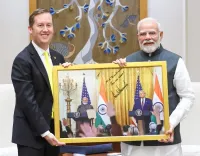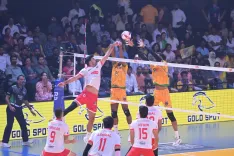How Will the Creation of 5 Corporations in Bengaluru Enhance Governance?
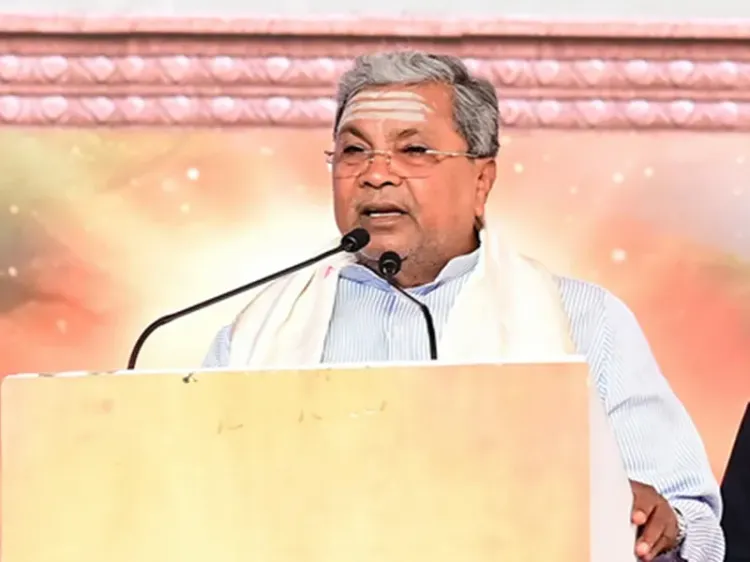
Synopsis
Key Takeaways
- Formation of the Greater Bengaluru Authority aims to tackle urban management challenges.
- Five new corporations have been created for better governance.
- Key focus areas include solid waste management and traffic reduction.
- Collaboration among various departments is crucial for success.
- Public discussion and feedback are encouraged for democratic engagement.
Bengaluru, Oct 10 (NationPress) In the inaugural session of the Greater Bengaluru Authority (GBA), Karnataka Chief Minister Siddaramaiah emphasized that the formation of this authority alongside the establishment of five corporations aims to promote effective governance and proper development for the swiftly expanding city.
During his initial remarks at the first GBA meeting, the Chief Minister reiterated the foundational goals for the GBA and directed officials accordingly.
"With Bengaluru's population soaring to 1.4 crore, managing such a vast city under one corporation poses significant challenges. This issue has been debated for years. A committee was established during my first term as Chief Minister, recommending that multiple corporations would enhance development.
"Previous administrations did not take action. Upon my return to office, my government reformed the committee. The establishment of the Greater Bengaluru Authority, following the committee’s recommendations, has resulted in the creation of five city corporations," Siddaramaiah remarked.
The Chief Minister stressed that the Greater Bengaluru Authority should focus on key objectives: ensuring efficient solid waste management, boosting corporation revenues, alleviating traffic congestion, and enhancing the city’s aesthetics. Constructing roads, drains, footpaths, and parks should take precedence, transforming the corporations into exemplary civic bodies.
To realize these objectives, all departments, including BWSSB, BDA, and BESCOM, must work in close collaboration with the GBA, Siddaramaiah instructed.
He asserted that democracy thrives on discussion and dialogue. Regardless of dissent, officials must participate in meetings, engage in discussions, and contribute positively to development. Opposition to decentralizing power and advancing Bengaluru’s development is akin to opposing the meeting itself, Siddaramaiah noted.
Chief Minister Siddaramaiah, who also serves as the President of the GBA, was greeted by Deputy Chief Minister D.K. Shivakumar, the GBA's Vice President, with a bouquet.
Deputy Chief Minister Shivakumar mentioned, "The GBA has taken shape, and the responsibility lies with the CM. All corporations require increased funding, and the government must support them. All opposition parties have cooperated. Despite rumors of an opposition boycott, I reached out to the Leader of the Opposition to attend and provide guidance."
"This meeting will chart the future roadmap for Bengaluru city. Decisions regarding elections have been made. The process for reservation is underway, and we have invited objections. The voters' list will be prepared and submitted to the court in November," Shivakumar added.
"Bengaluru is consistently in the headlines. Today marks a significant day in the city’s history. The GBA's establishment will reshape Bengaluru. The CM will chair the GBA, and we have divided the city into five divisions for improved governance," he concluded.

